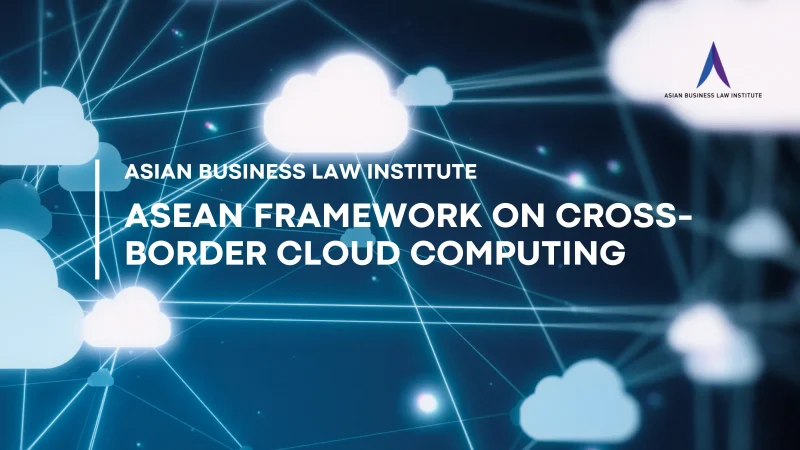One of the best tools to promote both is a well-drafted employee handbook. It acts as a centralised guide for staff and employers, outlining expectations, responsibilities, and legal obligations—especially in areas governed by Employment Law – Dismissal, Termination & Policies. Whether you’re a startup or an established business in Malaysia, a comprehensive handbook is a key component of workplace compliance.
Employment Law – Dismissal, Termination & Policies: Why It Should Be Included
An employee handbook must clearly reflect policies that align with Employment Law – Dismissal, Termination & Policies. This includes detailing what constitutes misconduct, outlining fair procedures for termination, and ensuring clarity around resignation processes. Transparent communication in this section helps mitigate legal disputes and provides both employers and employees with defined procedures.
Key Policies to Include in Your Employee Handbook
1. Introduction & Purpose of the Handbook
Outline the purpose of the handbook, including how it complements Employment Law – Dismissal, Termination & Policies. State that it does not form a contract but provides necessary guidelines.
2. Employment Classification
Define roles such as full-time, part-time, probationary, and contract employment. Clarify how policies apply to each category within the scope of Employment Law – Dismissal, Termination & Policies.
3. Code of Conduct
List expected standards of behaviour in the workplace. This policy directly supports dismissal procedures by providing a foundation for identifying misconduct.
4. Working Hours & Attendance
State working hours, rest periods, attendance expectations, and the impact of non-compliance. These issues often link to disciplinary actions covered under Employment Law – Dismissal, Termination, and Policies.
5. Leave Policies
Detail annual leave, sick leave, maternity/paternity leave, and public holidays. Mismanagement or abuse of leave can lead to disciplinary action.
6. Disciplinary Procedures
Include a clear step-by-step guide on disciplinary actions, aligned with Employment Law – Dismissal, Termination & Policies. Cover warning letters, domestic inquiries, and final decisions.
7. Termination of Employment
Explain termination procedures for performance-related or disciplinary issues. Ensure that this policy complies with Employment Law – Dismissal, Termination & Policies and includes notice periods, final salary computation, and return of company property.
8. Resignation Procedures
Provide employees with the process for voluntary resignation, including notice periods and exit interviews.
9. Grievance Redressal
Outline the process for reporting workplace grievances, fostering a culture of fairness and accountability.
10. Non-Discrimination and Equal Opportunity
Clarify the company’s stance on diversity, equality, and anti-discrimination. This supports fair dismissal and termination procedures under employment law.
Employment Law – Dismissal, Termination & Policies: Ensuring Alignment
To maintain legal compliance, all policies must align with Employment Law – Dismissal, Termination & Policies. This means reviewing laws regularly, updating the handbook accordingly, and ensuring employees are briefed on changes. Employers should maintain records of acknowledgements from employees that confirm they’ve read and understood the handbook.
The Role of Legal Review in Handbook Preparation
Before implementation, the handbook should be reviewed by professionals with knowledge of Employment Law – Dismissal, Termination & Policies. This ensures legal soundness and protects your organisation from compliance risks.
Conclusion: A Handbook Is More Than Just a Guide
A properly drafted employee handbook is not just a manual—it’s a legal safeguard. When built around Employment Law – Dismissal, Termination & Policies, it protects your business while promoting a fair, transparent, and productive work environment.
FAQs
What is the purpose of an employee handbook in Malaysia?
What must be included in an employee handbook?
Is an employee handbook mandatory in Malaysia?
What are termination procedures under Malaysian employment law?
How do you handle employee misconduct in Malaysia?
Can a company dismiss an employee without notice in Malaysia?
What are the benefits of having an employee handbook?
How often should an employee handbook be updated?
Who prepares the employee handbook?
Are employees required to sign the handbook?
Disclaimer: This article is intended to provide general information only and does not constitute legal advice. It should not be used as a substitute for professional legal consultation. We recommend seeking legal advice before making any decisions based on the information in this article. TSL Malaysia fully disclaims any responsibility for any loss or damage that may result from its reliance on this article.

